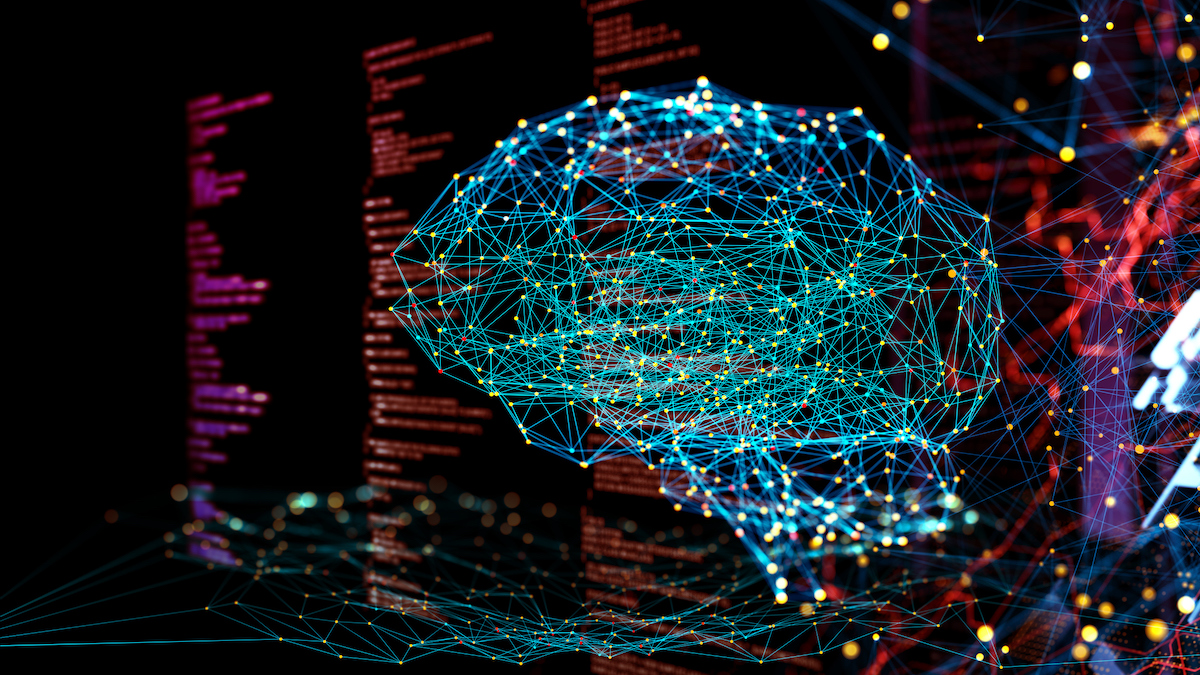Promoted by Penten
AI Led Military Advantage
Future conflict is likely to see vast numbers of sensors feeding commanders rapidly changing updates about force disposition, soldier health, adversary activity, logistics consumption and multi-spectral observations. This data, when overlaid against the shifting mission objective, creates a decision environment characterised by too much information to ingest and act on in near real time. This is where nations with AI capability can gain significant advantage.
Decision superiority can be obtained from AI processing trained to filter, rank and predict from diverse data sources based on context and priorities, and do so much faster than by traditional means. In addition to the direct benefits of battlefield decision-making timeliness and precision, AI-backed data processing also has potential to deliver an indirect national advantage through more efficient manufacturing and logistics capabilities.
The Role of Australian Defence Industry in AI Capability
As AI becomes more critical to enabling Defence to meet its core objectives, some discussion may be warranted around how we view AI sovereignty, supply assurance, ethics and export:
- How do we to prepare the Defence Industrial Base with the core skills to integrate and customise AI technology for the Australian context, environment, conditions and force structure?
- We know that the pace of development of AI tech is rapid - two years is a long time in AI. Is the Australian Defence Industry base sufficiently AI literate to design systems to support the continuous upgrade of AI technology throughout the life of the capability?
- If imported AI capability is integrated into Defence technology, how confident are we in the supply of this technology? Will other nations impose restrictions on its access? Does the underlying data (used to build an imported AI process) result in decisions that reflect the views of the Australian population and ethics of the Australian military?
- AI is also likely to be a high value export technology, both on its own and as AI-based products. Is the Defence Industry ready to take advantage of the export opportunities that will present themselves in the near to medium term?
Growing a Sovereign AI Capability
Preparing the Defence Industrial base to meet the demand and opportunities of AI is likely to require focus in several enabling areas.
Talent
AI delivery will need people with core skills in Science, Technology, Engineering and Mathematics (STEM). Unfortunately, declining rates of engagement in these tertiary education subjects has resulted in a severe shortage of local talent in these fields. We need to work together to increase interest in and engagement with STEM at school level, particularly among young women, and nurture it throughout the decade or two needed to achieve professional levels of skill.
Policy efforts, such as recent proposals to change the cost of tertiary education as an incentive to increase pursuit of STEM qualifications, are a step in the right direction. This positive step will need to be supplemented by earlier intervention in the education process to ensure we tap into the wealth of creative talent in Australia.
R&D
DST Group and Data61 have been actively supporting programmes to deliver the necessary expertise in sovereign algorithm development, critical evaluation and customisation of imported solutions. Greater investment and participation will be required from other sources, including the Australian Defence industry, to ensure we continue to innovative in ways that maintain Australia's war-fighting edge.
AI engineering
Another crucial, and sometimes neglected, aspect of AI is the transition of theory and experiment from academia to practical application as well as the commercial skills needed to bring them to market. Often military activities will involve previously unseen environments, imperfect data and processing limitations. The practical delivery and engineering of AI solutions is as important as the deep theory and brings together all the industrial engineering and commercial skills that transition AI to effective use.
Australian industry should be encouraged to take advantage of initiatives like the Defence Innovation Hub to solve Defence challenges using AI. International suppliers should also be encouraged to use Australian Industry to deliver AI capability, rather than importing AI technology. Both activities will create the necessary local demand for AI engineering jobs and R&D investment to underpin the previous two discussion points.
National datasets
Access to vast sums of relevant data is critical for AI R&D. As called out in the Defence AI Strategic Policy Statement, there needs to be greater coordination to collect and curate datasets to avoid duplication. Data sets will also need to be available and shared to all involved in building the national capability, and not held by individual entities.
Sovereign Industrial Capability Priority
While it is likely that AI will be a direct critical enabler for existing priorities, such as signal processing and surveillance/intelligence data processing, phased array radar and test/evaluation, the value it provides may require it to be specifically identified as a Sovereign Industrial Capability Priority in its own right.
What's Next?
AI is an essential security technology in both physical and cyber domains, at the heart of advances in communications, weapons development, threat management and logistics. AI is a world-changing technology, but one which presents some interesting challenges and opportunities that requires a strong sovereign capability to realise. The Australian Defence Industry is well-placed to take a leading role in harnessing the power of AI to improve Australian Defence decision-making and precision, and ultimately contribute to the export strength of the clever country.
Authors: Ben Whitham, Penten and David Liebowitz, Penten
Penten is an Australian, cyber company focused on innovation in secure mobility and applied artificial intelligence (AI).
Penten’s AltoCrypt family of secure mobility solutions enable mobile secure access to classified information for government. This access provides government workers with the accessibility and flexibility of a modern workplace.
Penten’s Applied AI business unit creates realistic decoys using a novel combination of machine learning and artificial intelligence to detect and track sophisticated cyber adversaries.
In 2019, Penten was awarded Cyber Business of the Year at the Australian Defence Industry Awards.
For more information visit penten.com







